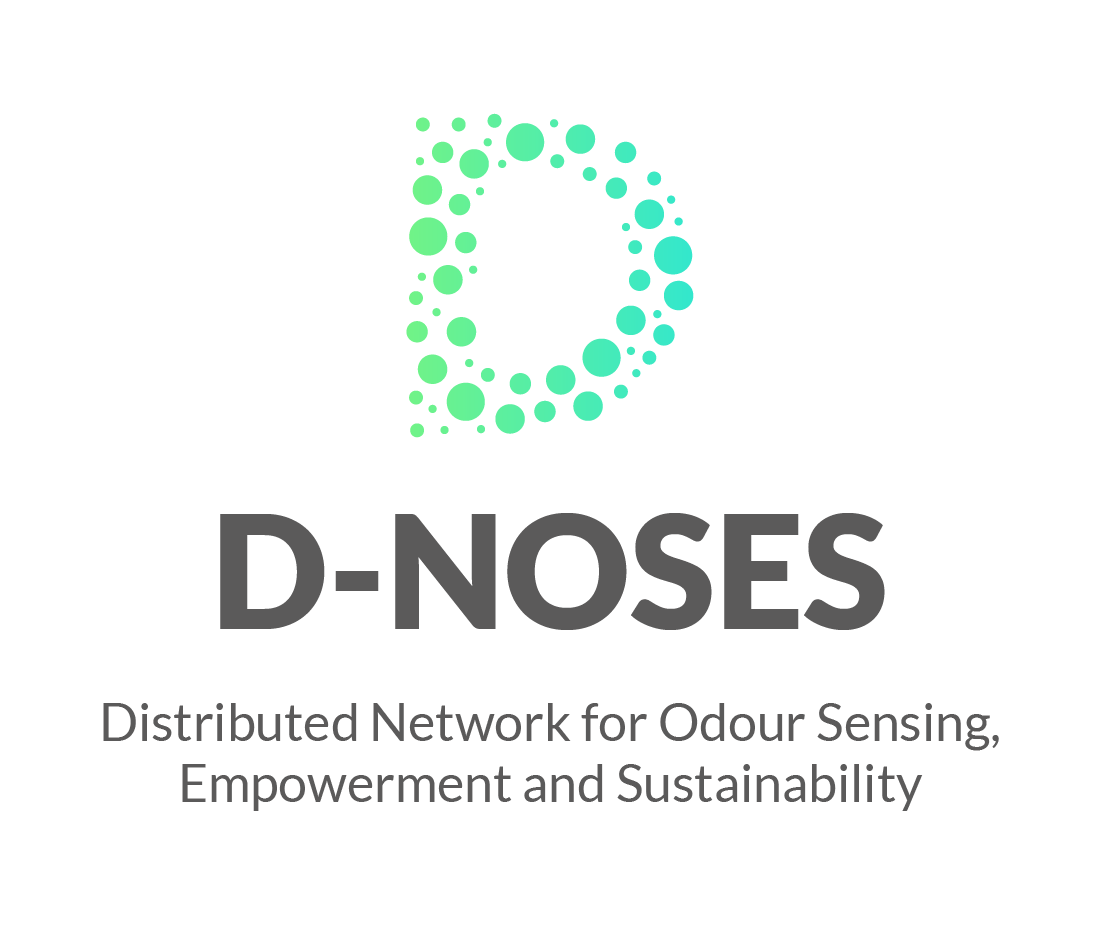Odour pollution is the second reason for citizens’ complaints after noise, across Europe. It has adverse impacts on human health since frequent exposure can lead to headaches, stress and respiratory problems. It is also an indicator of larger environmental issues such as poor waste management, polluted water, etc. Odour pollution is repeatedly ignored in environmental legislation with few studies conducted and scarce statistics available.
MIO-ECSDE is therefore proud to be a partner in the EU funded Distributed Network for Odour Sensing, Empowerment and Sustainability | D-NOSES project (Horizon 2020 specific programme with and for society (SWafA)).

- Level of completion 100%
The overall aim of D-NOSES is to introduce odour pollution in the policy agendas at a global scale in the medium to long term (5-8 years), based on a bottom-up approach and a multi-level governance model sustained by an improved knowledge base. The project will allow to implement Principle 10 of Rio Declaration by building capacity in local communities through RRI, participatory strategies, co-creation and citizen science for citizen involvement, quality, open and effective expert advice, engagement and debate with quadruple helix stakeholders.
- Compile the type of odours emitting activities, measurements, abatement techniques along with regulatory initiatives and good practices.
- Design and implement a multi-level engagement strategy (at global, national and local levels) to involve quadruple helix stakeholders into D-NOSES, including communities and civil society, NGOs, CSOs and grassroots initiatives, policy makers, environmental authorities and public sector administrators, industries and odour emitting activities, research and academia.
- Co-design citizen science intervention and local solutions for odour pollution with key stakeholder.
- Create DIY guidelines and successful stories for wider outreach and project replicability.
- Establish policy-society scientific dialogues at national level, to raise awareness on odour pollution, discover the main national problems and advocate for change.
- Perform advocating actions to influence global policy agendas by introducing the issue of odour pollution.
- Increased awareness on odour pollution; environmental and sanitary related problems addressed through a multi-level engagement strategy at global, national and local levels, to pave the way for increased sustainability and quality of life.
- Access to information on odour pollution is provided through the creation of The International Odour Observatory.
- Evidence is collected through 10 local case studies in European and non-European countries for validating methodologies and producing DIY guidelines for project replicability.
- Methodologies and impact criteria are standardized and common scientific guidelines for policymaking are provided.
- A Green Paper and Strategic Roadmap for Governance in odour pollution is produced to advocate and inform common, bottom-up efficient and coherent regulations.
- Global sustainability is strengthened, as well as the fight against climate change by reducing some odours (CH4) that are in turn greenhouse gases (GHGs).
- A MOOC on odour pollution is developed for gender inclusive education for sustainable development and wider outreach.
- Fundacion ibercivis (Spain)
- IDEAS 3493 SL (Spain)
- Mapping for change CIC (United kingdom)
- Verdein Der Europaishen Burgewissenschaften – ECSA E.V (Germany)
- Mediterranean Information Office For Environment, Culture and Sustainable Development Assocation (Greece)
- International Solid Waste Association (Austria)
- Asociacion Medioambiental Internacional De Gestores Del Olor (Spain)
- Politecnico Di Milano (Italy)
- Universitaet Kassel (Germany)
- APEA – Associacao Portuguesa De Engenharia Do Ambiente (Portugal)
- Envirometrics Technikoi Symvouloi Etaireia Periorismenis Efthynis (Greece)
- Ecotec Ingenieria Limitada (Chile)
- Municipio De Sao Joao Da Madeira (Portugal)
- Municipality of Sofia (Bulgaria)
- Servico Intermunicipalizado De Gestao De Residuos Do Grande Porto (Portugal)
Funding instrument: Horizon 2020 specific programme with and for society (SWafS).
Thematic axis: Responsible Research and Innovation (RRI) in support of sustainability and governance, taking account of the international context
Objective: To find solutions for the odour pollution and introduce it in the policy agendas at a global scale in the medium to long term (5-8 years)
Project duration: 1 April 2018 – 1 April 2021 (36 months)
Project budget: EUR 3,158,612.50